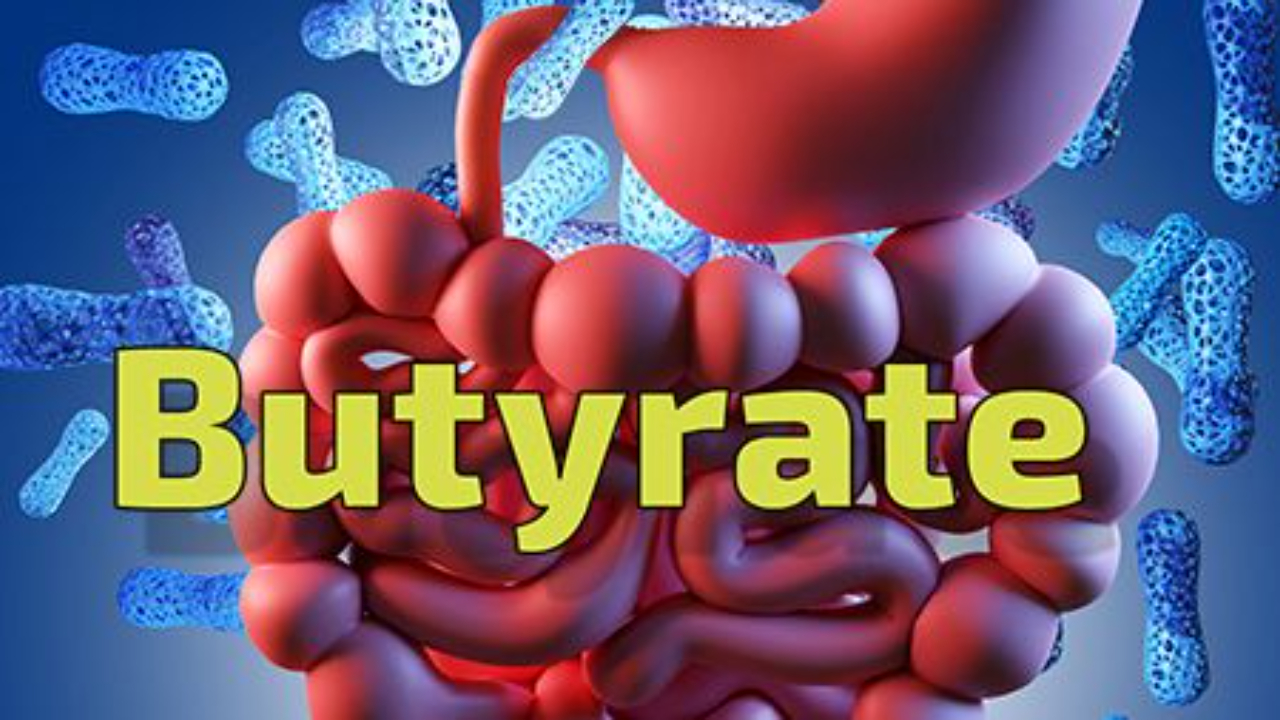What are Butyrates & why should we care?
Aug 19, 2025
Butyrate - The Gut's Secret Fuel
Butyrate’s are short-chain fatty acids (SCFA) produced by certain gut bacteria when they ferment dietary fibers, especially resistant starches and soluble fibers.
They serve as the preferred energy source for cells lining the colon (colonocytes), reinforce gut barrier integrity, lower inflammation, and contributes to brain health via the gut–brain axis.
Butyrate also modulates the immune system and helps prevent the overgrowth of potentially harmful bacteria, supporting overall gut homeostasis. Insufficient butyrate production is linked with a weakened gut barrier (“leaky gut”), increased inflammation, and diminished internal repair mechanisms.
Important Butyrate-Producing Bacteria
Many butyrate producers belong to the Firmicutes phylum, particularly within the Clostridium clusters IV and XIVa:
- Faecalibacterium prausnitzii
- Roseburia species (especially Roseburia intestinalis)
- Eubacterium species (e.g., Eubacterium rectale, Eubacterium hallii)
- Anaerostipes
- Coprococcus
- Subdoligranulum
- Anaerobutyricum
These bacteria metabolize carbohydrates via the butyryl-CoA:acetate CoA-transferase pathway, producing butyrate that is essential for gut health.
Why This Matters
Without enough butyrate-producing bacteria, the colon misses out on:
- Its primary energy source for healthy epithelial cells
- Strong gut barrier function (helping prevent “leaky gut”)
- Reduced gut and systemic inflammation
- Proper immune modulation
- Optimal gut-brain axis communication
Supporting these microbes—mainly by consuming a diverse, fiber-rich diet—is critical for harnessing these health benefits. Diet is the most effective way to support their abundance and butyrate output..These are foods which are especially high in fermentable fibers—such as resistant starches, inulin, fructans, pectin, and galactooligosaccharides (GOS)—and prebiotics that encourage growth of key genera like Faecalibacterium, Roseburia, Eubacterium, and Anaerostipes.
Foods That Boost Butyrate-Producing Bacteria
- Resistant Starch-Rich Foods
- Cooked and cooled potatoes
- Cooked and cooled rice
- Green (underripe) bananas
- Plantains and plantain flour
- Cooked and cooled oats (e.g., overnight oats)
- Legumes: beans, peas, lentils
- Prebiotic & Fiber-Rich Vegetables
- Asparagus
- Onions
- Garlic
- Leeks
- Jerusalem artichoke
- Chicory root
- Dandelion greens
- Broccoli stems
- Leafy greens (e.g., kale, Brussels sprouts, turnip greens)
- Carrots
- Cabbage
- Whole Grains
- Brown rice
- Barley
- Oats
- Whole wheat
- Rye
- Wheat bran
- Fiber-Rich Fruits
- Apples (especially peels, rich in pectin)
- Pears
- Apricots
- Kiwifruit
- Raspberries
- Berries
- Legumes and Nuts
- Dried beans (kidney, black beans, etc.)
- Chickpeas
- Lentils
- Green peas
- Nuts (especially almonds)
- Seeds (flaxseed, chia)
- Other Effective Foods
- Dark chocolate/cocoa
- Burdock root
- Yacon root
- Jicama root
- Konjac root (elephant yam)
- Seaweed and microalgae
- Fermented Foods (to support overall gut diversity)
- Yogurt
- Kefir
- Sauerkraut
- Kimchi
- Fermented pickles (not vinegar-based)
- Dairy Foods (source of butyrate, but not prebiotics)
- Butter (contains some butyrate, most absorbed before reaching the colon)
- Ghee
- Hard cheeses
Dietary Tips
- Focus on a diverse plant-based diet. Mixing types of fermentable fiber increases the range of butyrate producers.
- Cook and cool starchy foods like potatoes, rice, and oats to maximize resistant starch content.
- Start slowly with fiber if you are not used to it; bloating or gas is common at first and should subside.
- Drink plenty of water to help your body handle increased fiber.
- While dairy has some butyrate, it does not feed butyrate-producing bacteria; plant fiber is more effective for microbiome changes.
Adding these foods regularly to your diet can significantly enhance the population and activity of butyrate-producing bacteria, supporting colon health, barrier integrity, and anti-inflammatory processes.
Stay connected with news and updates!
Join our mailing list to receive the latest news and updates from our team.
Don't worry, your information will not be shared.

